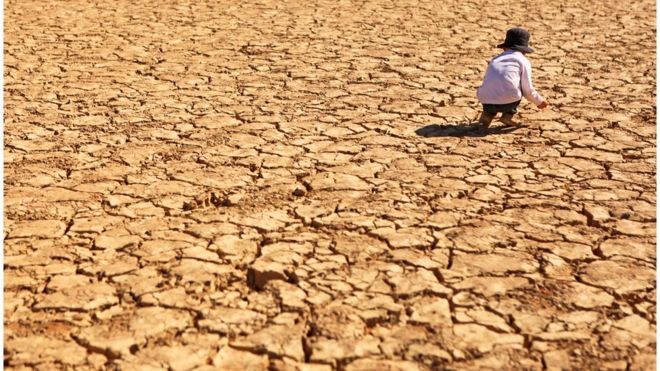Rising levels of ‘frustration’ at UN climate stalemate


By ![]()
Old divisions between rich and poor over money and ambition are again threatening to limit progress in UN climate negotiations.
Discussions between negotiators from nearly 200 countries have resumed in Germany, aiming to flesh out the rules on the Paris climate pact.
But developing countries say they are “frustrated” with the lack of leadership from the developed world.
Commitments to cut carbon are still “woefully inadequate” they said.
2018 marks a critical stage in the global climate negotiations process. By the end of this year, governments will meet in Poland to finalise the so-called “rulebook” of the Paris deal, agreed in the French capital in December 2015.
This is seen as a key test.
The rules will define the ways in which every country reports on their emissions and on their carbon-cutting actions and, importantly, how they will increase these actions in the years ahead.
But while rich and poor countries united in Paris to push through the deal, significant ruptures have re-appeared in wrangles over key technical details.
The developed nations want almost all countries to share the same set of rules on how carbon emissions are measured, reported and verified. This issue, called “transparency” in the negotiations, has run into difficulties with many emerging economies arguing for more “flexibility”.
According to some observers, the richer countries believe that some in the talks are trying to turn the clock back to the time when only wealthier countries had any commitments to cut carbon, while developing countries including India and China had no obligations.